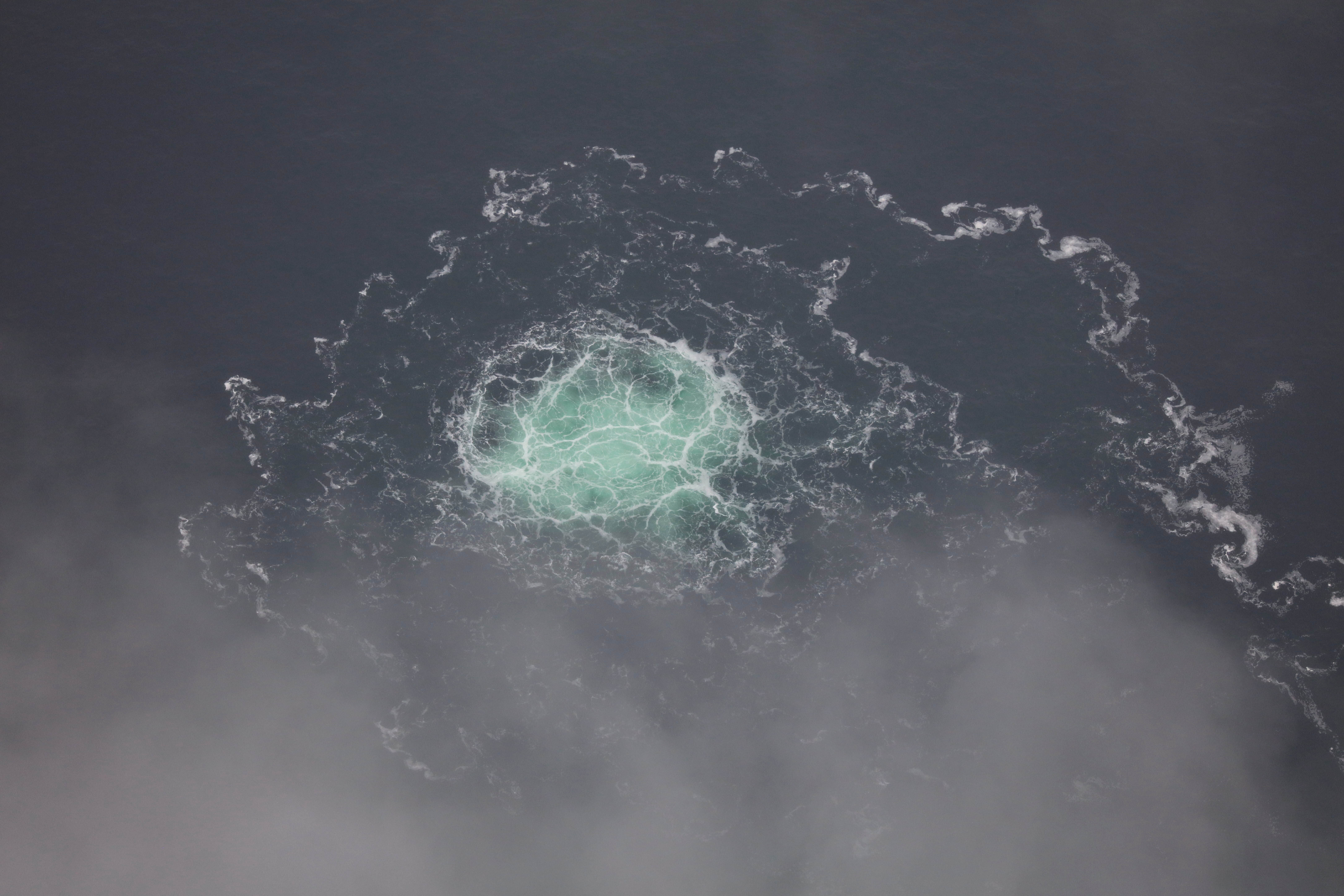UN Security Council won't probe Nord Stream blasts
The U.N. Security Council has declined a Russian request to investigate the blasts on the pipelines that move natural gas from Russia to Europe under the Baltic Sea

Your support helps us to tell the story
From reproductive rights to climate change to Big Tech, The Independent is on the ground when the story is developing. Whether it's investigating the financials of Elon Musk's pro-Trump PAC or producing our latest documentary, 'The A Word', which shines a light on the American women fighting for reproductive rights, we know how important it is to parse out the facts from the messaging.
At such a critical moment in US history, we need reporters on the ground. Your donation allows us to keep sending journalists to speak to both sides of the story.
The Independent is trusted by Americans across the entire political spectrum. And unlike many other quality news outlets, we choose not to lock Americans out of our reporting and analysis with paywalls. We believe quality journalism should be available to everyone, paid for by those who can afford it.
Your support makes all the difference.The U.N. Security Council on Monday declined a Russian request to investigate the blasts on the pipelines that move natural gas from Russia to Europe under the Baltic Sea.
Russia, China and Brazil voted in favor of the Russian request, but other Security Council members abstained or said another investigation was unnecessary.
For a resolution to be adopted by the U.N. Security Council, it needs a minimum of nine “yes” votes in the 15-member council, and no veto by one of the permanent members — the United States, Russia, China, Britain and France.
The U.S. deputy ambassador, Robert Wood, said there was no need for a U.N. probe when investigations by Sweden, Denmark and Germany “are proceeding in a comprehensive, transparent and impartial manner.”
“It was an attempt to discredit the work of ongoing national investigations and prejudice any conclusions they reached that do not comport to Russia’s predetermined and political narrative. It was not an attempt to seek the truth,” he said.
The pipelines, known as Nord Stream 1 and Nord Stream 2, are majority-owned by Russia’s state-run energy giant Gazprom.
Nord Stream 1 carried Russian gas to Germany until Moscow cut off supplies at the end of August 2022. Nord Stream 2 never entered service as Germany suspended its certification process shortly before Russia invaded Ukraine on Feb. 24, 2022. The explosions on both occurred on Sept. 26.
The investigations by European nations have yet to yield conclusive results, at least none made public.
Both pipelines bypass existing routes that go through Ukraine, meaning that Ukraine could lose income from transit fees and be unable to directly use the gas they carry. The Nord Stream pipelines were seen as an effort by Russia to gain further control over Europe’s energy supplies.
Some have said the blasts caused the worst release of methane in history.
The New York Times, The Washington Post and German media have published stories citing U.S. and other officials as saying there was evidence Ukraine, or at least Ukrainians, may have been responsible. The Ukrainian government has denied involvement.
Russian President Vladimir Putin has dismissed as “sheer nonsense” allegations that Ukrainians could have been behind the blasts and pointed the finger at the U.S.